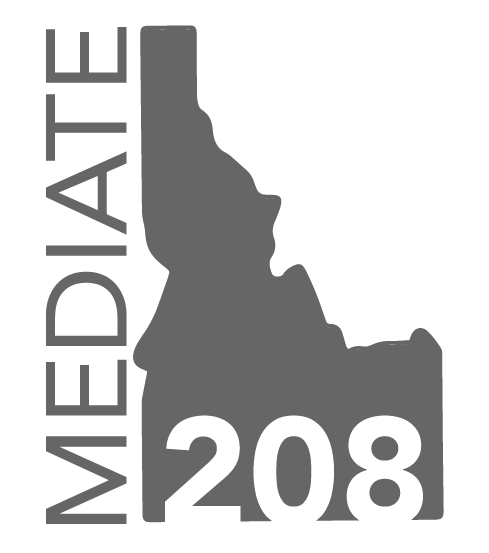FAQs
What happens in mediation? A trained, neutral third party facilitates the resolution of a dispute between parties. The goal is to find a mutually agreeable resolution that is sustainable for both parties. The mediator: helps define the issues in dispute, ensures that parties are heard and their interests explored, and guides parties as they explore options and possible solutions. Depending on the parties’ relationship, the goal may also be to create a foundation for future good will and fair dealing.
Why mediation? Mediation can help parties see others’ positions and intereests, as well as their own posititions and interests, in a new light. This helps reveal if a settlement is possible. It is far less costly than protracted litigation. It is also less formal and, frequently, far more satisfying. Further, many parties find that being able to speak their mind, and knowing that they are heard both by the mediator and the opposing party, is immensely helpful. Finally, in some instances, parties can find much more creative and helpful solutions than a disinterested court can.
Do I need a lawyer for mediation? No, though it is worth considering whether you want to have one or to consult one beforehand to be clear on your legal rights. Lawyers advise people of their legal rights and have a fiduciary duty to act in a client’s best interest. Mediators help parties explore their interests and evaluate the likelihood of success, and they represent neither party. They work for both parties and have a duty to maintain neutrality. Syrena works with parties directly as well as with parties who are represented by counsel.
Can I mediate a dispute myself? If you can negotiate a resolution with the other party in your dispute yourself, that is wonderful. Mediators are usually brought in when such negotiations have failed and disputes either have become entrenched, or risk becoming entrenched. They are trained to help parties move through conflict constructively, even when their interests conflict and emotions run high.
Who uses mediation? Any person or business in a dispute with another party or parties may use mediation, and mediation may occur before or during litigation.
Is mediation confidential? Yes, with very few exceptions (e.g., when someone threatens harm to another or abuse of a juvenile is revealed). What parties say within a mediation cannot be used later in court. This frees parties to explore potential resolutions fully, without giving up their ability to litigate if necessary.
“Discourage litigation. Persuade your neighbors to compromise whenever you can. Point out to them how the nominal winner is often a real loser - in fees, expenses, and waste of time. As a peacemaker the lawyer has a superior opportunity of being a good man. There will still be business enough.”
― Abraham Lincoln
